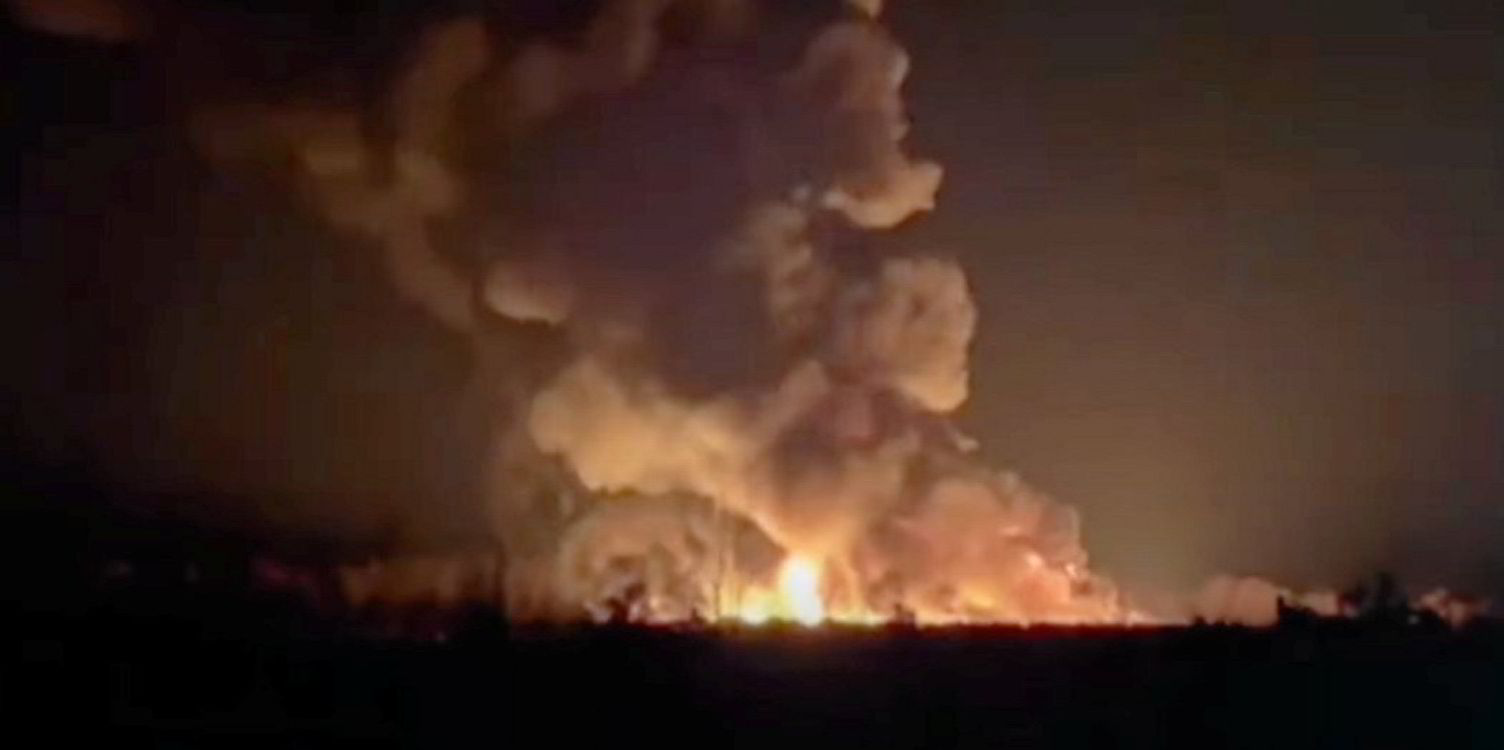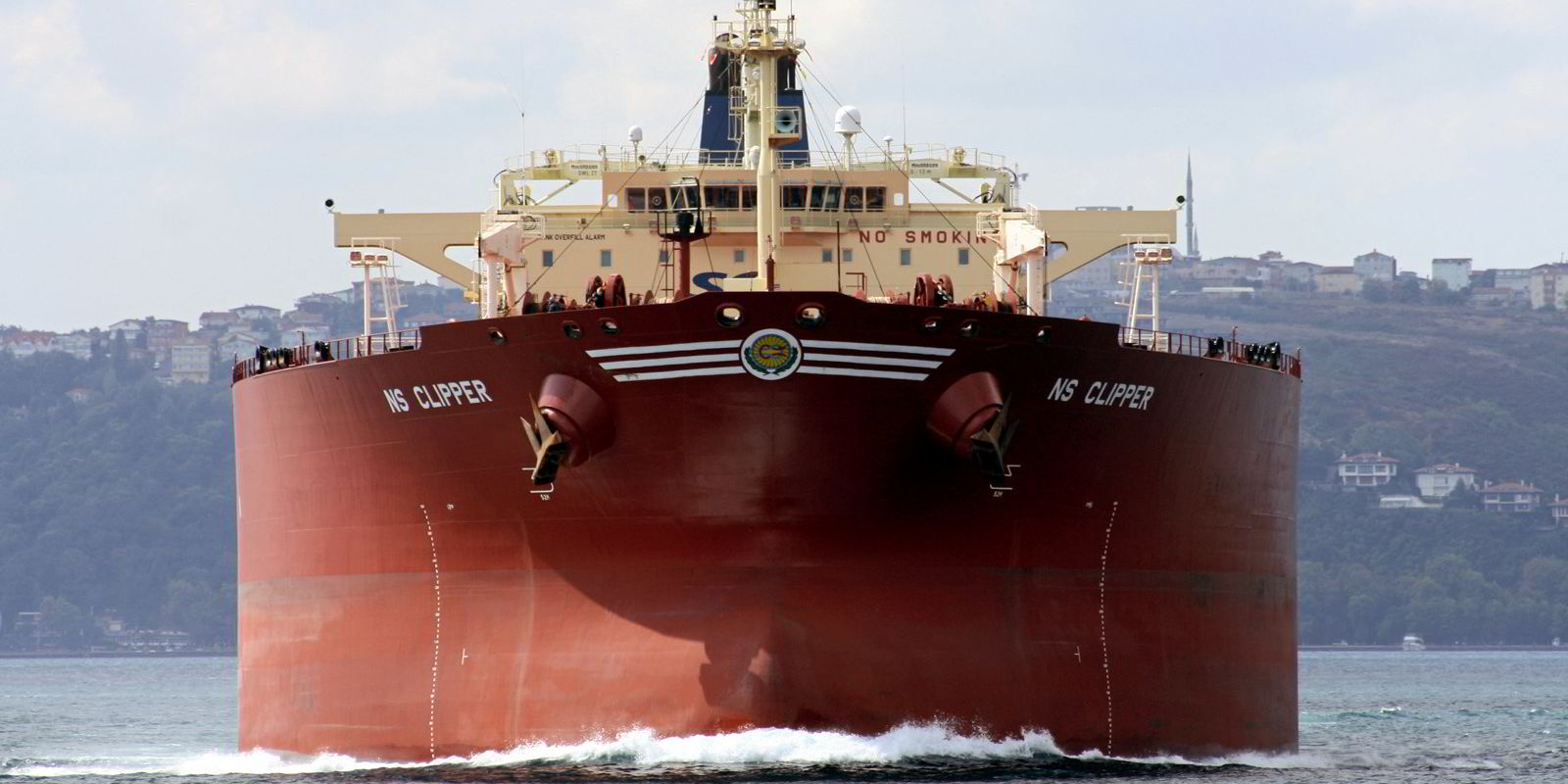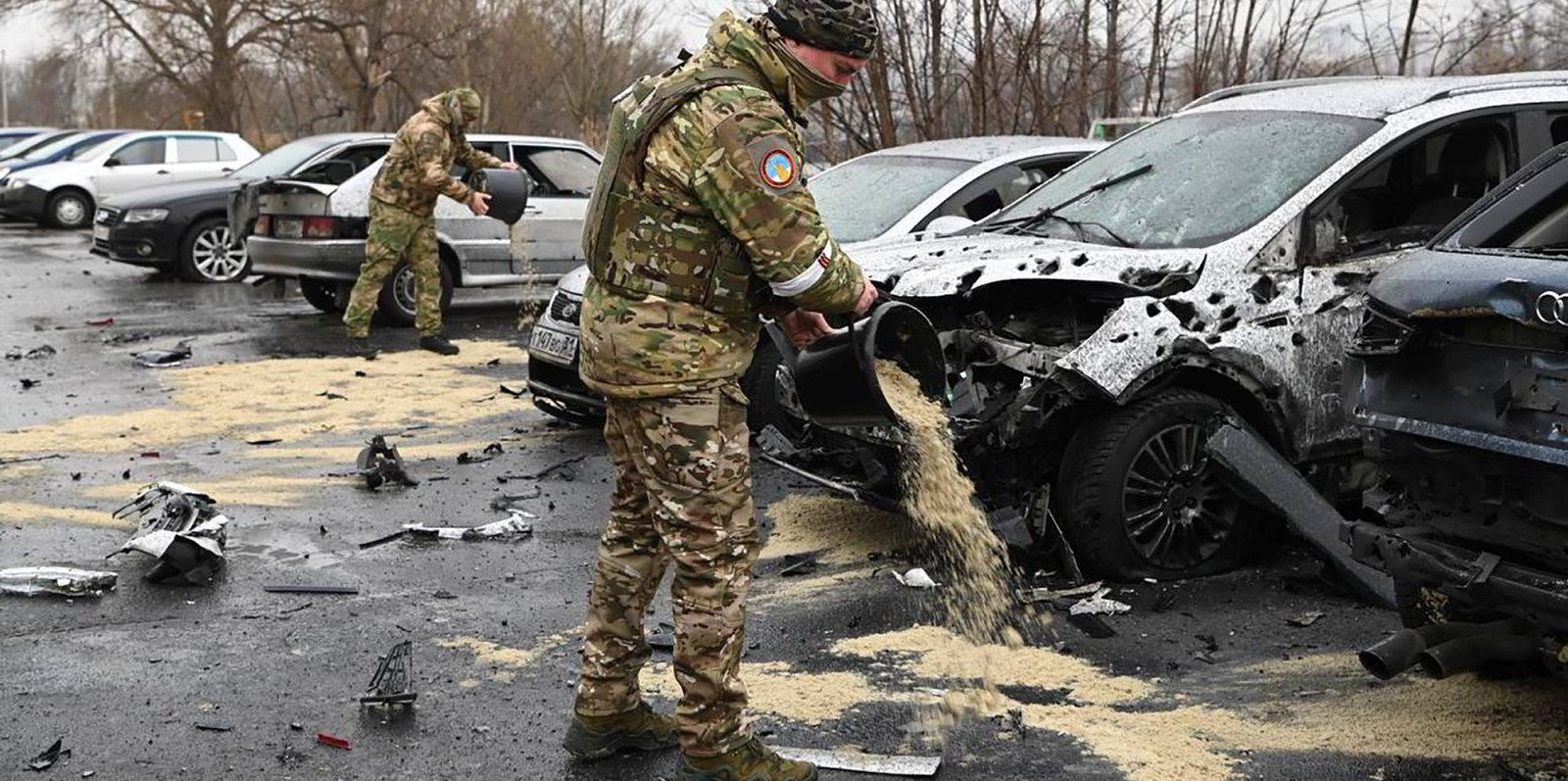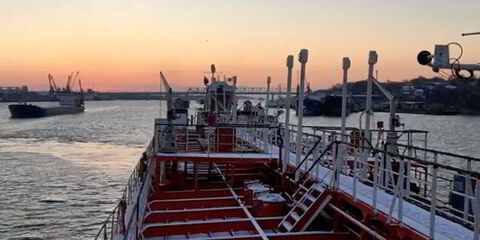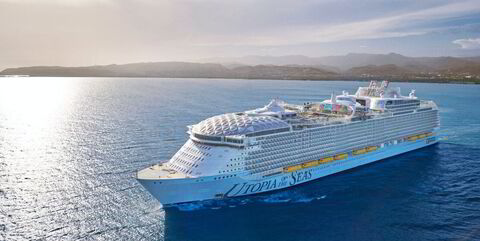Ukraine has claimed a direct hit on a vital Russian oil pipeline supplying the port of Azov.
The Main Intelligence Directorate, part of the Ukrainian Ministry of Defence, said tanker loadings had been halted at the Russian terminal near Rostov-on-Don on the Sea of Azov.
The attack took place on Saturday night, Ukrainian media cited the ministry as saying.
The pipe carried oil products for export, but also supplies Russian naval vessels, it added.
“On the night of April 6, 2024, in the area of the settlement of Azov (Rostov region), the pipeline, which was used to pump oil products from the local oil depot to tankers in the port area of the Azov Seaport, was blown up,” a statement read.
The suspension of loadings is “indefinite”, the ministry said.
“The facility was used by the aggressor state for military purposes, to support the waging of a genocidal war against Ukraine,” the directorate added.
Signal Ocean data showed the Azov port accounted for 3% of all petroleum-related loadings in the Black Sea region since the start of the year.
VesselFinder said 16 ships had arrived at the port in the last day, with 17 more expected to call over the next 30 days.
Russia had stopped the export of petrol and diesel to other countries on 1 March for six months due to Ukrainian attacks on refineries.
In March, TradeWinds reported a slew of drone attacks on Russian refineries.
Crippling production?
Several of its main oil plants were attacked as part of Ukraine’s strategy to cripple Moscow’s petrochemicals production capacity, cut off lucrative income from exports and reduce the flow of petroleum to its vast war machine.
Analysts said that if Ukraine continued its successful attacks on refineries, Russia might switch from being an exporter to an importer, which would create havoc for the fleet of product tankers carrying its exports from ports in the Baltic and Black seas.
According to the US Energy Information Administration, Russia had 5.4m barrels per day of crude refining capacity from more than 25 refineries at the end of December 2022.
Production levels are believed to have declined due to maintenance issues caused by the lack of spare parts that can no longer be acquired due to sanctions.
